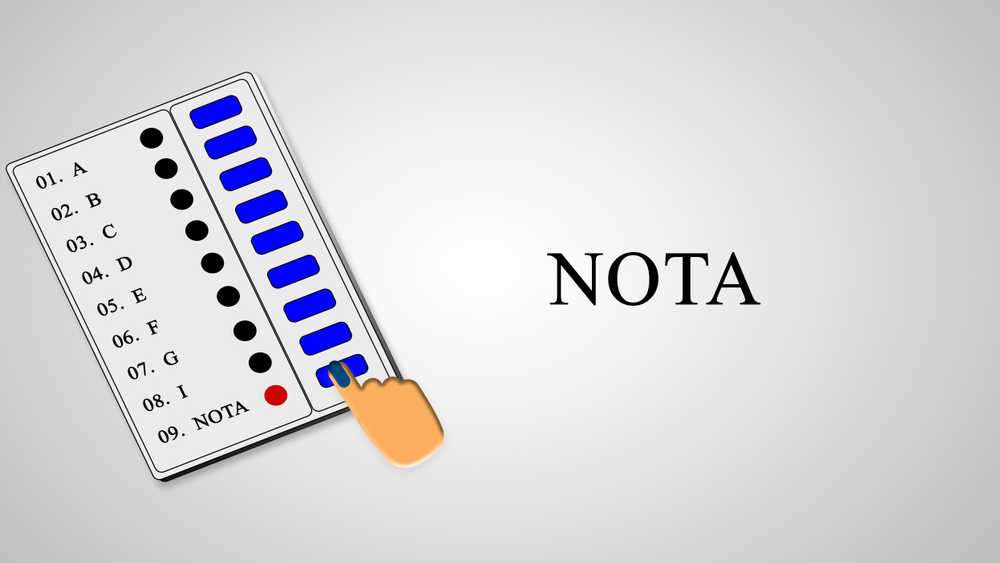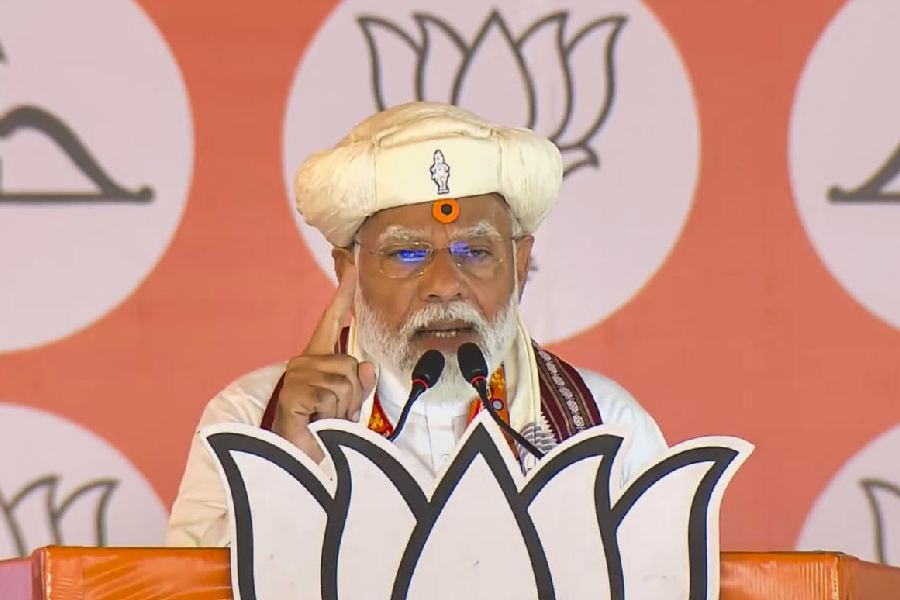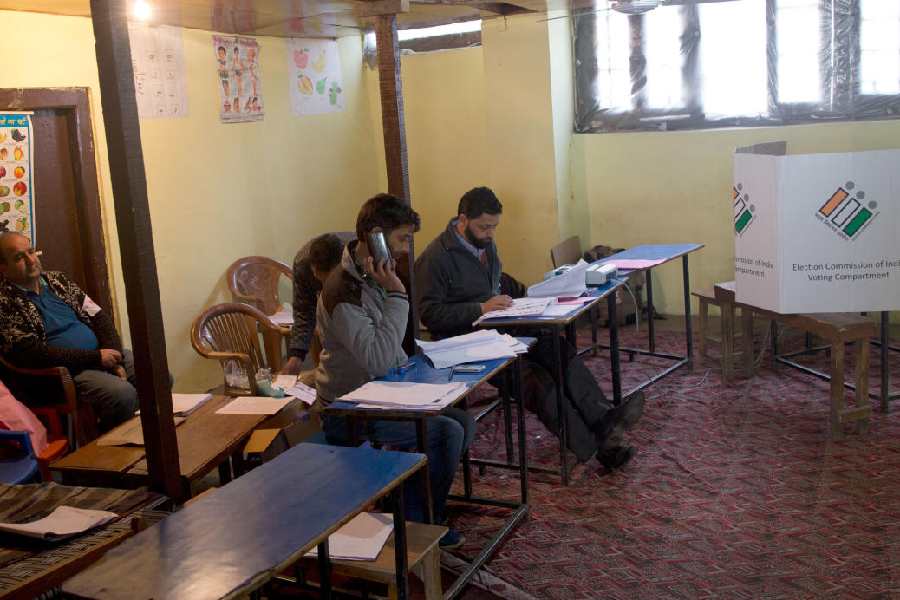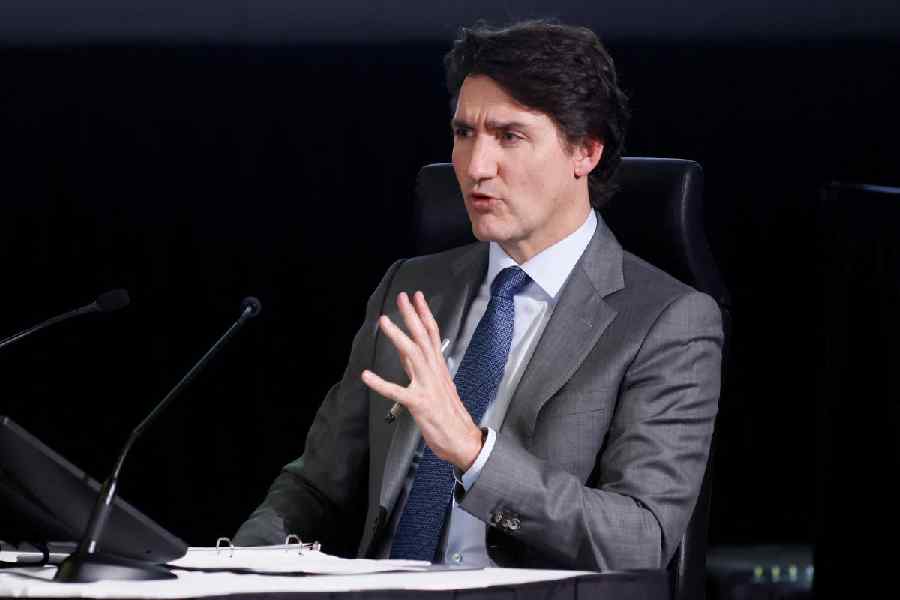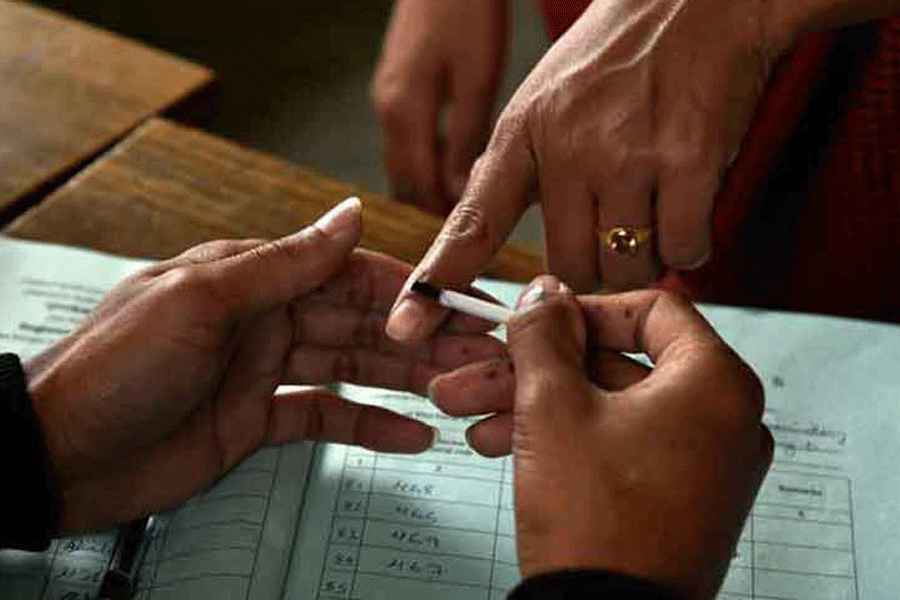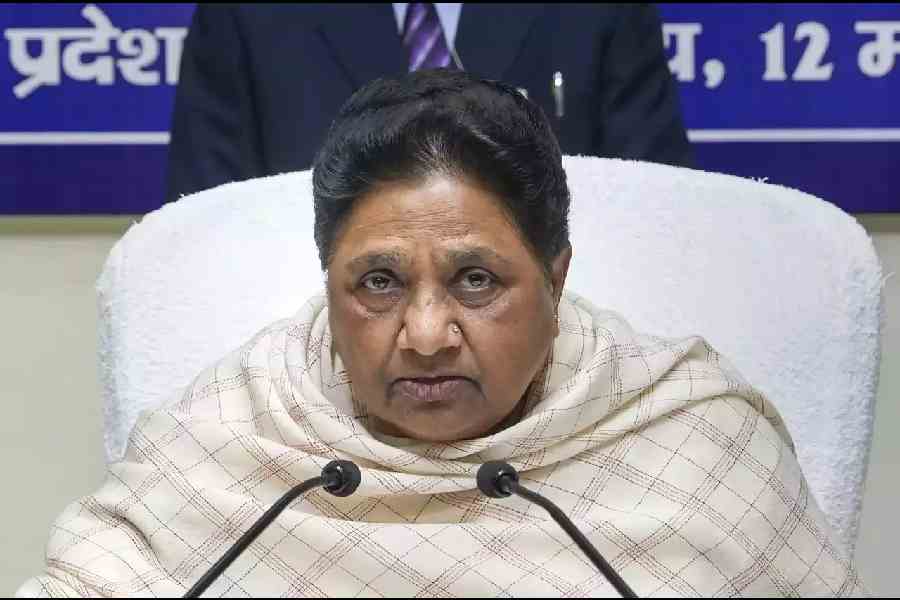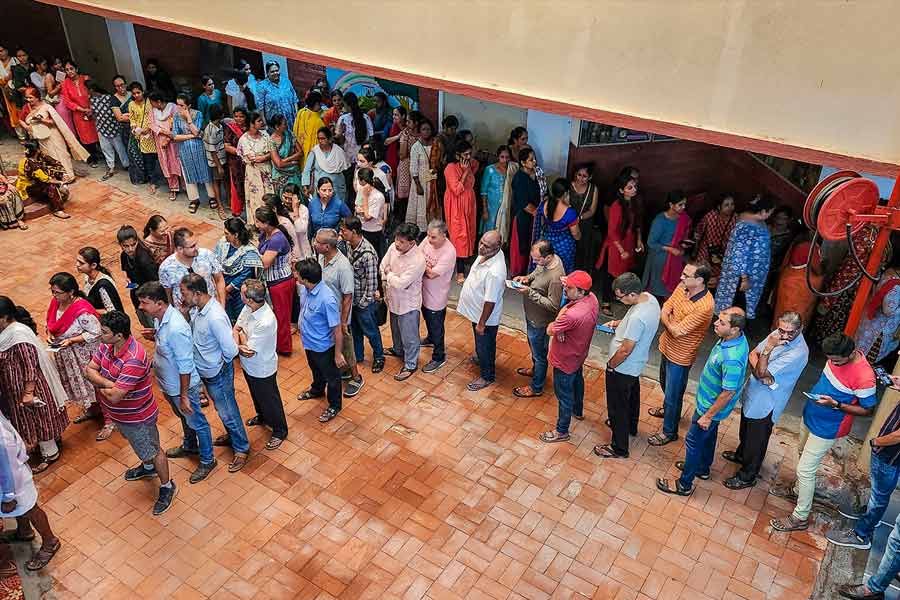The right not to vote is as important as the right to vote. The voting option, ‘None of the above’ or Nota, has been operative in most elections since 2009. Responding to a public interest litigation brought by a Bharatiya Janata Party leader asking for fresh elections when Nota polled more votes than any candidate, a Supreme Court bench headed by the Chief Justice of India issued notice to the Centre and the Election Commission. The professed purpose of the PIL is to ensure a perfect democracy by honouring people’s rejection of the candidates in the running and, by this possibility, forcing political parties to field honest and ‘patriotic’ candidates. At present, even when Nota polls the most votes in an election, the candidate running second is declared the winner. The reasoning behind the Nota option was to allow scope for negative or neutral votes, so that more people would be willing to participate in elections. The Supreme Court in 2013 had emphasized the importance of secrecy that would be permitted by the Nota option — no one would know if someone were disapproving — and had also hoped for ‘sound’ candidates as a result of this expression of people’s dissatisfaction.
With regard to this PIL, the Supreme Court reportedly expressed concern regarding seats left unfilled in Parliament when Nota votes exceeded votes of candidates. The expense, manpower and organization needed for any election would delay a fresh vote. Establishing the people’s wishes would, ironically, create greater stress on them in the matter of time, energy and, ultimately, funds. The court’s reported remark that an influential political party may get many candidates rejected and hence make it difficult for Parliament to function could point to discomfiting possibilities. Power, manifested by money and muscle — including threats not physical — is an undeniable feature of elections in India, especially now. The corruption in the system is reflected in the number of sitting legislators under the shadow of criminal cases. That the Supreme Court should mention the possibility of an influential party bringing Parliament to a standstill by ensuring Nota victories when the BJP leader’s PIL wishes to make elections free of corruption throws an unexpected cross-light on how and why Nota may be abused. It seems that the same option can make democracy perfect or render Parliament irrelevant.

